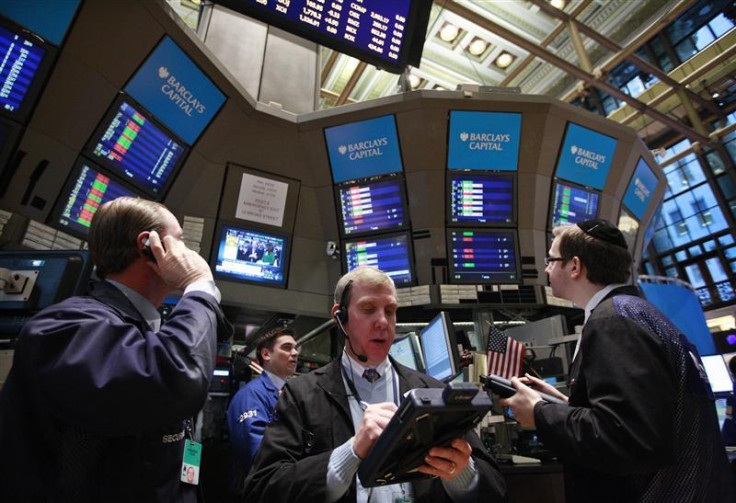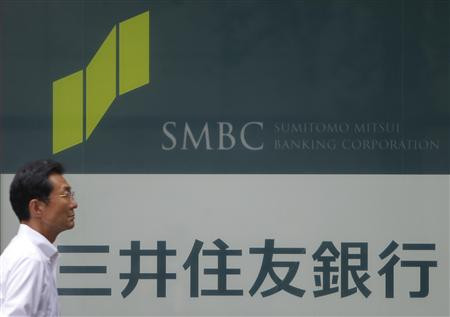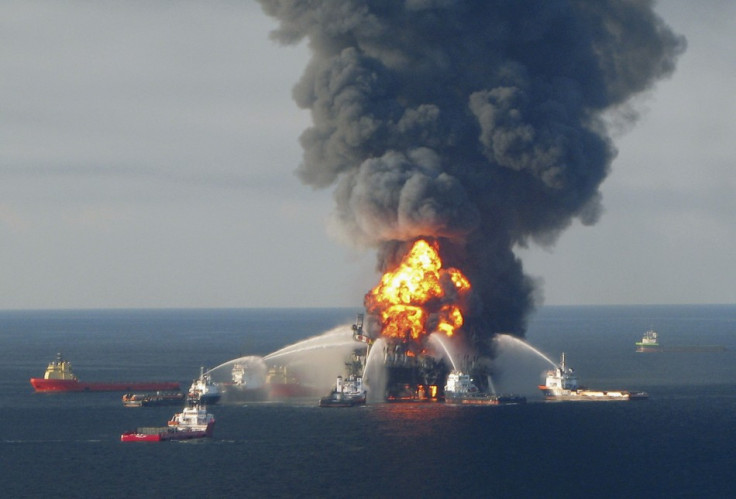Catch the Falling Knife: Investment Advice from Long-Haul Recovery Experts

The average amount of time a Wall Street security is held is 22 seconds. The majority of nonstop, automated trades dictate this pace.
However, there are some who make a virtue out of betting the other way. Adopting an "investment horizon", which is often measured in years rather than seconds, and choosing stocks that go against the flow of the market is the approach of the contrarian investor.
Contrarian investors tend to look for unloved stocks that have been performing badly and are therefore cheap. They are generally looking for companies with a low price-to-book ratio, calculated by dividing the closing price of the stock by the latest quarter's book value per share.
The understanding is that the fortunes of those struggling companies are about to change, and their undervalued stock is a bargain.
It may not seem dynamic like hedge fund investing, but it takes some nerve. Investing another $1m in a company whose stock value is decreasing has been described as catching a falling knife.
It is an interesting question whether contrarian investors who are betting on the unilateral recovery of a particular stock, will profit during a time of general recovery.
GLG Japan Core Alpha
A flighty herd of investors piled into Japanese equity markets in the last quarter of 2013 in time to catch the wave of that region's stock market rally.
This sort of activity is in stark contrast to the long-only approach of the GLG Japan Core Alpha fund, which has about €1.5bn invested in large cap Japanese companies.
The fund is run by Stephen Harker and his team who have decades of experience picking Japanese stocks. Three variable factors crop up regularly in the team's recent research notes: the yen, Abenomics and the financial health of the Japanese banking system.
Markets move in cycles. Every move contains the seeds of its own reversal.
However, the fund's research can occasionally be given over to pinpointing events from the history of modern Japan; reflecting on the average age of Tokyo's white-gloved taxi drivers; or Zen-like meditations on the country's leaf season, complete with photographs and quotations from Keats.
But whatever is being addressed, the focus is on cycles.
"Markets move in cycles. Every move contains the seeds of its own reversal. We never know when, at what level or in what way (V-shaped, U-shaped, W-shaped...) the turn will come. It is enough to believe that it will come. What is more, it is always darkest just before dawn," said Harker.
When the Japan fund was launched in 2006 there was no interest in large cap stocks. Small cap stocks had been outperforming for about eight years by then, culminating in strong gains in 2005. However, large caps started outperforming in mid-January 2006, as predicted.
The same was true three years later at the end of 2008, when all world stock markets including Japan had fallen sharply. The Japan Core Alpha fund focused on certain mid cap stocks in the electronic components business which had severely underperformed due to a collapse in demand for their products, combined with the yen being the strongest currency in the financial crisis. Once the collapse ended, they too bounced strongly.
"As long as the security is not going out of business, the question becomes one of at what price it turns," Harker said.
The fund also retains a large exposure to some of Japan's biggest banks, which have reached "the bottom of a once-in-a-lifetime banking cycle". The point is that Japan is entering the positive phase of the cycle, while the Western world is still in the negative phase.

Over a 10-year period to the mid-2000s, the Japanese banking system detoxified itself but this required large-scale consolidation. The number of major banks shrank from 19 to just seven.
M&G Distressed UK Companies Fund
We continue to be amazed at how few takeover deals there have been over the past year or so, with the value of global M&A activity almost 40% below the 10-year average.
If you had invested £1,000 in M&G's distressed fund when it was established in 1969, it would now be worth £290,000. The fund, which has been run by Tom Dobell since 2000, has been struggling lately, which its manager blames in part on the dearth of M&A activity over past few years.
Dobell said: "We continue to be amazed at how few takeover deals there have been over the past year or so, with the value of global M&A activity almost 40% below the 10-year average. The purchase of an entire business is one of the ways that the value embedded within our companies can be realised, leading to windfall gains for the fund."
The financial crisis may mean the fund's investors will have to be patient for a revived M&A pipeline, but Dobell insists his choices are not dictated by general economic recovery.
"It is important to note that our stock selections are always dependent on what a company can achieve in terms of self-help. We are not looking for economic recovery to rescue our holdings," he stated.
"That being said, a number of cyclical businesses have suffered significant declines in their share prices in recent years, giving us the opportunity to invest in companies where we expect management action to prompt recovery despite the lack of economic growth. If the economy does subsequently improve, this would be an added bonus."
Dobell has picked a spread of companies across the recovery cycle, in order to keep the fund diverse, with most of the fund comprised of stocks that are "unloved" or in the "stabilising" stages. The average holding period is between five and seven years.
The fund has been keeping a close eye on UK banks; like many, the fund has had serious concerns for the sector over the past five years.
"Many of these companies expanded aggressively before the global financial crisis and appeared to be run for the benefit of their management rather than shareholders. The repercussions have been savage and well documented.
"However, time has now passed and circumstances are changing for the better. The management and strategies of these businesses have been forced to adjust; improving their financial positions and reintroducing an emphasis on shareholder value.
"We have, therefore, cautiously started to rebuild our holdings in the sector and made purchases of shares in Lloyds Banking Group and Royal Bank of Scotland. The holding in HSBC was also increased," said Dobell.
The tragic 2010 Deepwater Horizon oil spill in the Gulf of Mexico and the highly punitive US trial has kept BP down, trading well below its share price before the disaster.
BP has sold off $38bn worth of assets since the Deepwater spill , helping it to fund compensation payouts. Dobell has held on to the stock because BP has "taken its medicine", and is set to rebuild its strong operations in the oilfields of the Gulf of Mexico.
"BP remains in the doldrums as we await the result of the ghastly trial in the US. The underlying business is performing well and I am convinced the value of the group is way above where it is trading today."

Dobell estimates that about 75% of the revenues of the companies held in the fund are generated overseas. This has increased from 50% when he took over. Whereas he used to travel by train all over the UK to meet the firms he invests in, now he does a lot more international travel, with a new focus on Africa, Australia and India.
Dobell, who personally invests in the distressed fund, freely admits that he probably becomes too attached to the companies supported by the fund during the years he invests in them – the precise opposite of most investors these days.
"I happen to believe that loyalty is very valuable and will be rewarded," he explained.
"However, I love my unit-holders more than I love the companies we invest in, who are aware that we are working to generate returns for our investors rather than them.
"When the time comes to sell our stake, I write to the chairman and thank him or her for cooperating with us. You never know, we might invest in the business again in the future. In the meantime, selling the position gives us the chance to invest elsewhere."
© Copyright IBTimes 2025. All rights reserved.






















